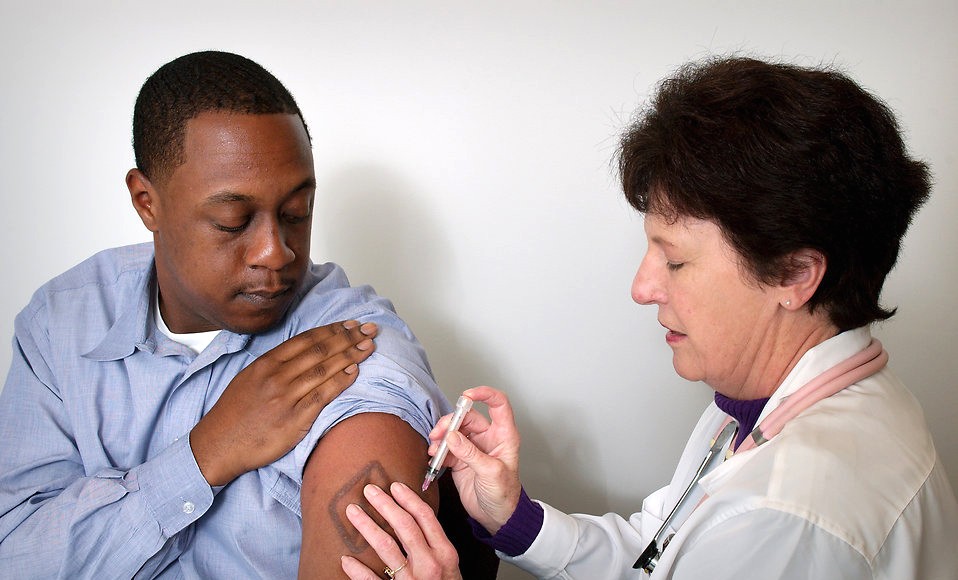![]() African Americans are more likely than whites to die early from a treatable condition in every state, according to a recently released study from The Commonwealth Fund, a health policy foundation based in New York City.
African Americans are more likely than whites to die early from a treatable condition in every state, according to a recently released study from The Commonwealth Fund, a health policy foundation based in New York City.
The fourth Commonwealth Fund Scorecard on State Health System Performance tells a story that is both familiar and new. Echoing the past three state scorecards, the 2015 edition finds extensive variation among states in people’s ability to access care when they need it, the quality of care they receive, and their likelihood of living a long and healthy life.
Here in Wisconsin, the study found that poor health affects the quality of life for half the African-American adults compared with the national average of 27 percent. The ranking was the lowest in the country. Wisconsin overall fell from 7th to 11th in overall rankings according to the recent report. This scorecard was also the first to measure the effects of the Affordable Care Act’s 2014 coverage expansions and it found broad-based overall improvements.
The report said that health care is inequitable and that there are disparities in access and availability of care (e.g., the number of people who have insurance or who visit a dentist regularly) and health status (e.g., the number of people who are obese or smokers) between various groups based on different factors, like their income level. Across the nation, the report continued, health care equity remains an unfulfilled goal, but the health insurance expansions of the Affordable Care Act offer the opportunity to close these gaps.
The top-ranked states are Minnesota, Vermont, Hawaii, Massachusetts, Connecticut, New Hampshire and Rhode Island. These states were also leaders in the 2014 Scorecard. The worst performing states were Louisiana, Arkansas, Oklahoma and Mississippi.
The Commonwealth Fund estimated that if every state were to do as well as the best-performing state, 84,000 premature deaths would be prevented before age 75 for conditions that can be detected early and effectively treated with good follow-up care. Also, there would be 8 million fewer adults (ages 18 to 64) who would lose six or more teeth to decay, infection or gum disease.










